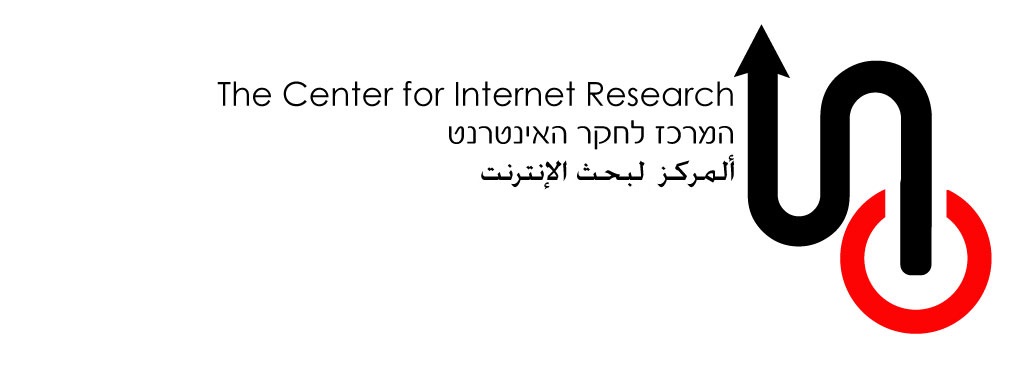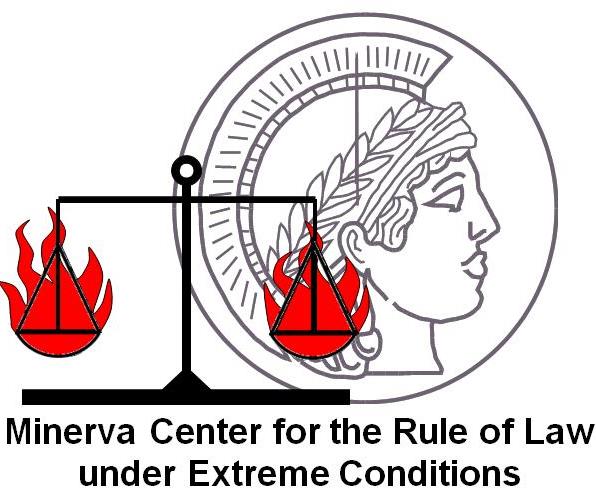The National Cyber Bureau of Israel recently awarded the University of Haifa with leadership of a new Research Center for Cyber, Law and Policy.

Prof. Niva Elkin-Koren, founding Director of the
Cyber, Law and Policy Research Center, is the former
Dean of the Faculty of Law at the University of Haifa.
She studies innovation policy, intellectual property,
and big data.
The ubiquitous nature of digital technologies – bursting onto the scene two decades ago with little consideration to future ramifications and potential vulnerabilities – are calling into question some of the most basic tenets of democracy and national security. “Digital tools are increasingly vulnerable to cyberattacks, threatening infrastructure and individual safety,” relates Professor Niva Elkin-Koren, former Dean of the Faculty of Law and head of the new Research Center for Cyber, Law and Policy.
“Laws, norms, and policies are struggling to keep up with the seemingly endless free flow of information in cyberspace that lets anyone anywhere in the world share their political views, buy and bank, turn on appliances, and even engage in cybercrimes and warfare,” adds Prof. Elkin-Koren. “The lack of appropriate legal standards often upsets the checks and balances that secure civil liberties, such as government and corporate surveillance safeguards, and stifles innovation and opportunities for economic growth domestically and overseas. There is therefore an urgent need to develop innovative legal strategies to address these challenges properly.”
Israel was the first country to secure government and military computer networks from cyberattacks and is considered a world leader in cybersecurity. In 2011, the government set up The National Cyber Bureau to improve Israel’s preparedness in dealing with the full range of current and future challenges in cyberspace. The Bureau recently charged the University’s Faculty of Law with shaping national legal policies related to the internet, new technologies and civil liberties.
“Taking an interdisciplinary approach to law and policy, the Research Center for Cyber, Law and Policy will integrate legal research, computer science, social science and innovative technologies, to develop a new ‘toolkit’ for policymaking, in addressing governance, national security, innovation, competition and civil rights in the new digital ecosystem,” explains Prof. Elkin-Koren. “Advanced legal knowledge of this kind alongside expertise in the field of cybersecurity will ensure that Israel has a seat at important international forums.”
The University of Haifa is uniquely qualified to lead this academic effort, with its proven pioneering record in leading academic research on issues of law, technology and society, and its vast network of partners and collaborators around the globe. It is home to the Haifa Center for Law and Technology (HCLT), the Minerva Center for the Rule of Law Under Extreme Conditions, the Center for Internet Research and The Caesarea Edmond Benjamin de Rothschild Foundation Institute for Interdisciplinary Applications of Computer Science.
For information about supporting the forward-looking research and teaching activities at the new Research Center for Cyber, Law and Policy, please contact the Office of the Vice President for External Relations and Resource Development.
Further Reading:
Finance and Behavioral Economics Research Center (FiBER): Harnessing Real-Life Data to Understand Investment Behavior
Tauber Bioinformatics Research Center (TBRC): Big Data Mining and Analytics - Key to Advancing the Field of Precision Medicine
Edmond J. Safra Brain Research Center for the Study of Learning Disabilities: Investigating Early Literacy in Hebrew and Arabic Languages to Help Kids Reach Their Full Potential






